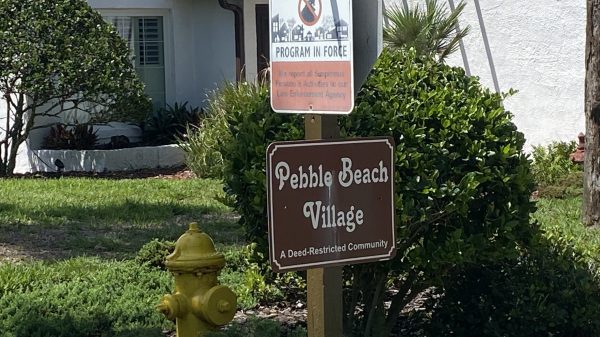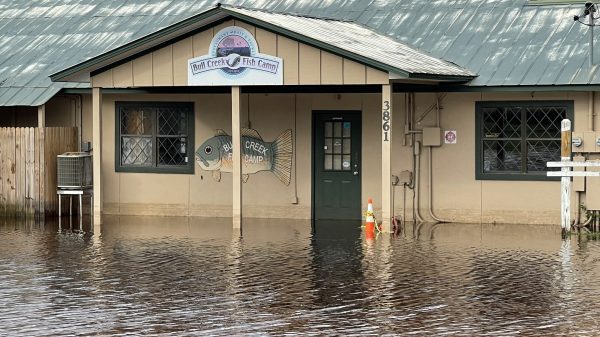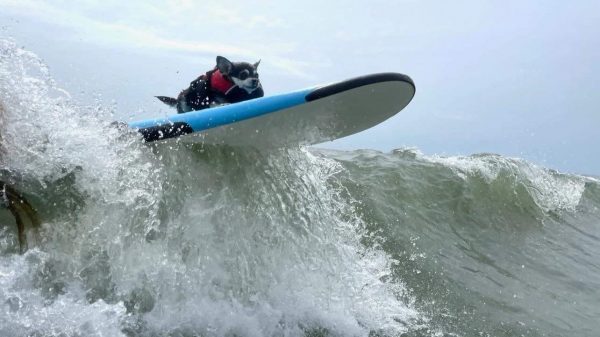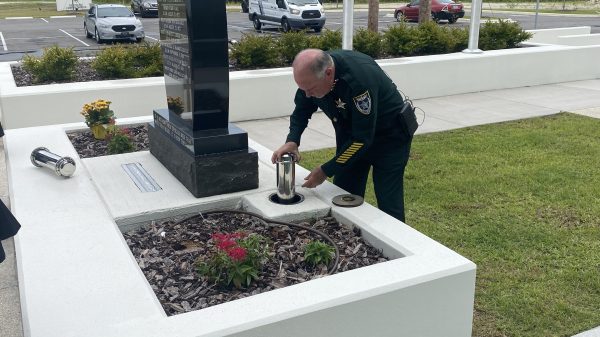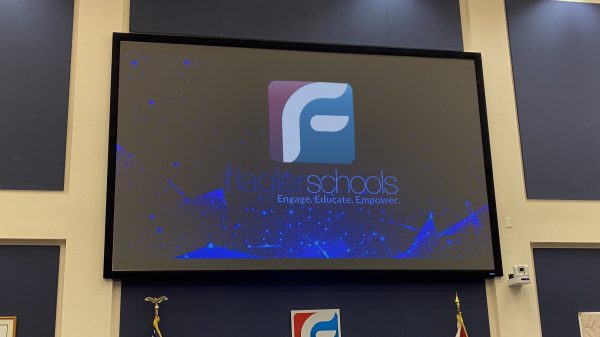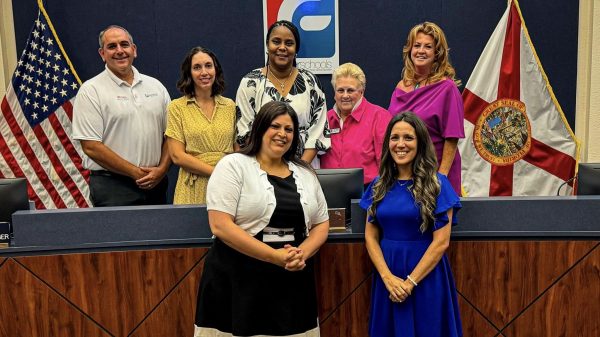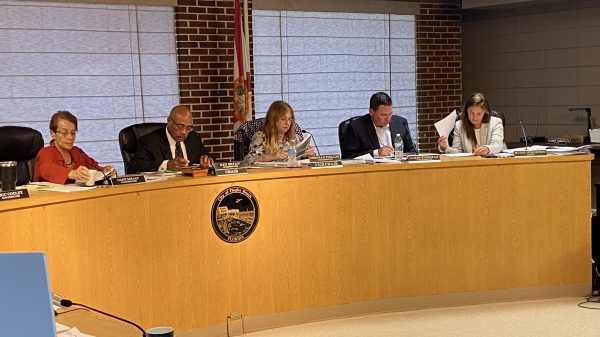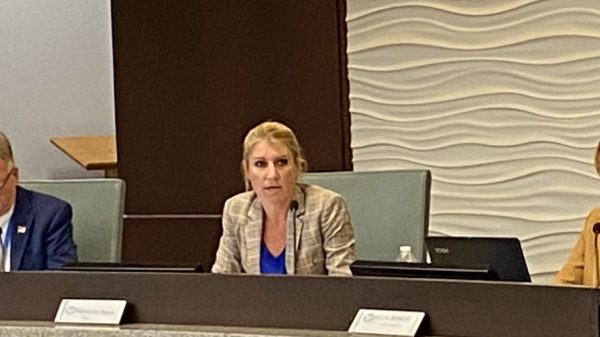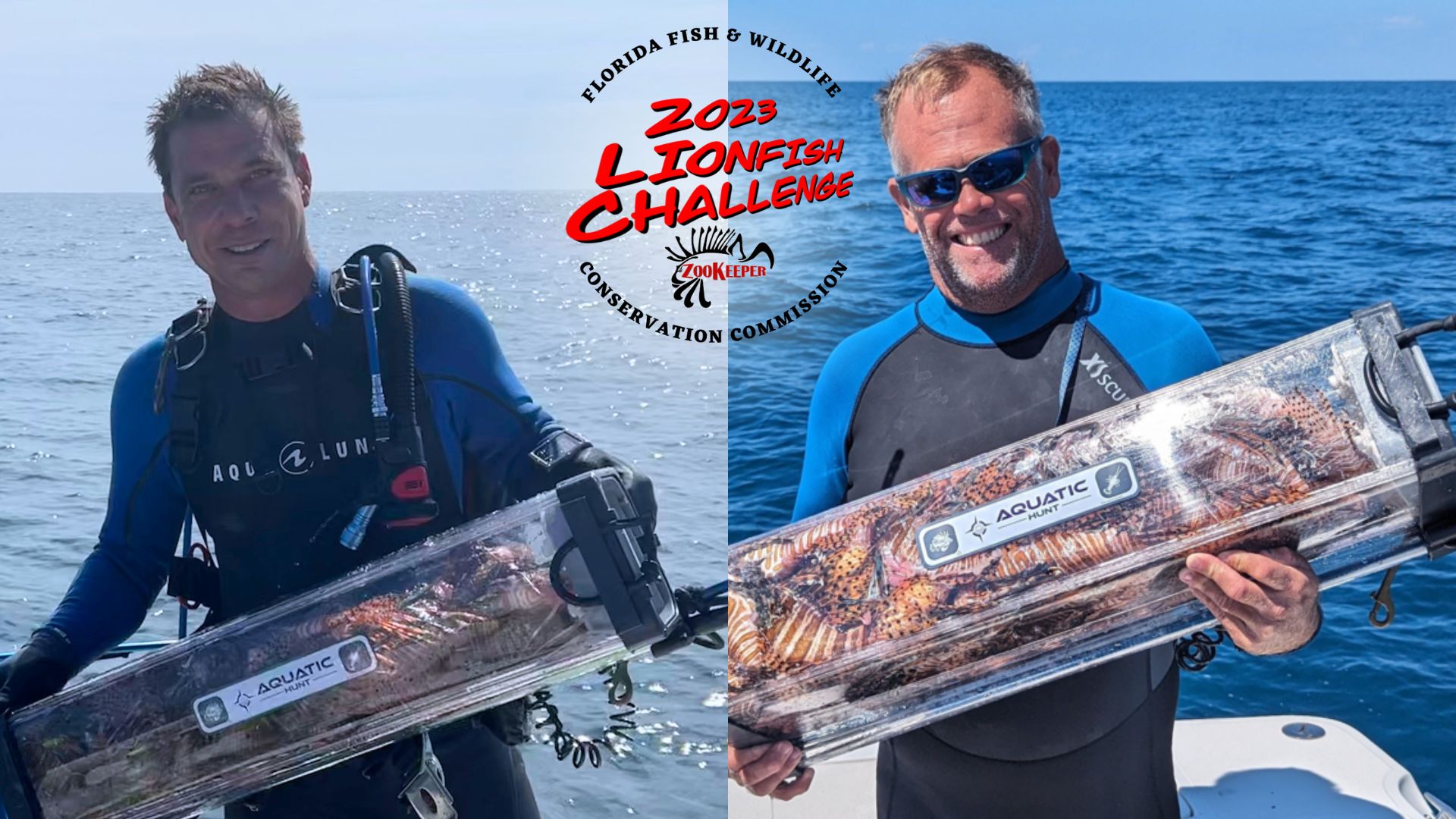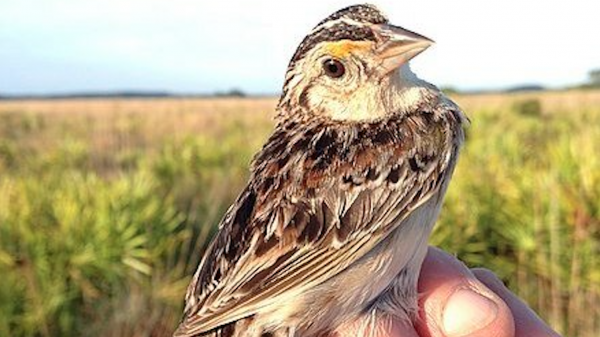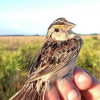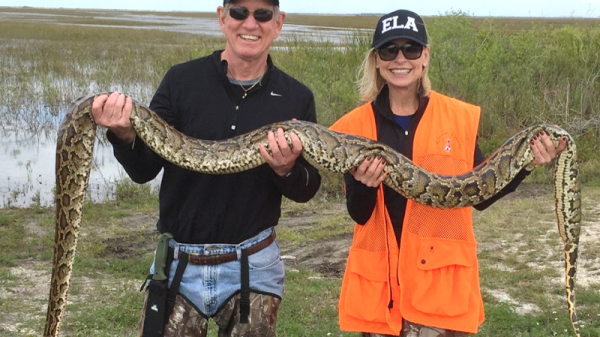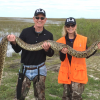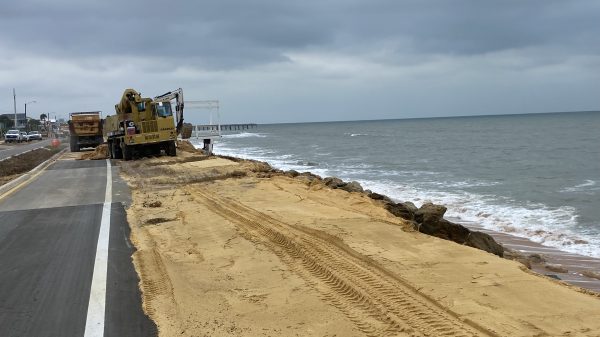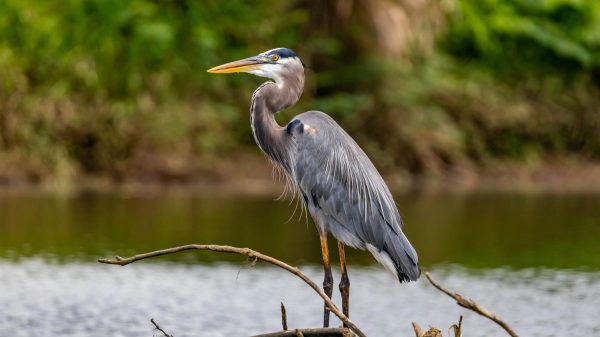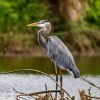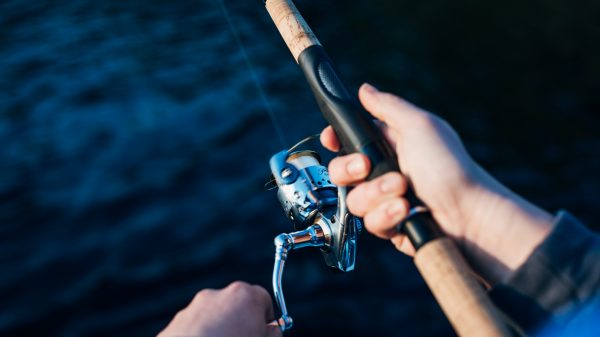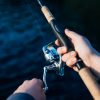The winners of the Florida Fish and Wildlife Commission’s 2023 Lionfish Challenge were announced by the agency Thursday. Intended to help remove invasive lionfish from Florida’s oceans, the challenge resulted in a record-breaking haul in this, its eighth annual running.
281 participants signed up to compete in the Lionfish Challenge, nearly twice the highest participation rate of any prior year. Over the four months of the competition, thousands of lionfish were harvested from Florida’s waters, with prizes being given out in each of two categories, plus a military prize.
“I would like to extend my sincere gratitude to every individual who participated in the Lionfish Challenge, and a special congratulatory thank you to our 2023 Lionfish King and Commercial Champion,” said FWC Commission Chairman Rodney Barreto. “Our Lionfish Challenge participants have become environmental heroes, defending our marine ecosystems against invasive lionfish and exemplifying the spirit of conservation.”
The results of the 2023 Lionfish Challenge were as follows:
Recreational Division:
- Baye Beauford – 1,514 lionfish
- Dale Wolber – 1,145 lionfish
- David Connerth – 773 lionfish
Commercial Division
- Jerry Butler – 1,208 pounds of lionfish
- David Garrett – 744 pounds of lionfish
- Alex Fogg – 516 pounds of lionfish
Military Prize
- Eric Larson – 591 lionfish
“The Lionfish Challenge is a great way to get people outdoors and involved in conservation by removing invasive lionfish.” said FWC Executive Director Roger Young. “Thank you to all 2023 participants for removing over 30,000 invasive lionfish from Florida’s waters. Your efforts are making a difference in conserving our amazing marine resources.” 917 trips were held during the 4-month contest to harvest lionfish.
Over that span, 30,494 lionfish were removed from Floridian water, an increase of almost 5,000 fish from last year’s contest. Prizes were awarded to the contest winners based on their hauls, and the winners of the two categories were given the titles of Lionfish King and Commercial Champion.
Though the numbers of fish brought in during the challenge was significant, it’s impossible to capture too many lionfish. The presence of even small numbers of fish can have extreme effects on reef ecosystems. According to a 2010 study by Oregon State University, one individual was observed consuming 20 small fish in a 30-minute span. Because they have few predators in their Florida habitats, invasive lionfish populations spread especially rapidly. A program on The Science Channel called them “one of the most aggressively invasive species on the planet”.
Though the capture of this invasive species is encouraged by Florida Fish & Wildlife, handling them does present a danger to divers. The fish’s notable dorsal spines inject a venom which triggers a variety of symptoms in humans, or even death in cases of very young children or the elderly.
Still, lionfish are considered a delicacy to the more adventurous seafood connoisseur. Just make sure to fillet them correctly, as there’s some debate about the possible risk of ciguatera food poisoning.
Licenses are not required to capture lionfish via “a pole spear, a Hawaiian Sling, a handheld net or any spearing device that is specifically designed and marketed exclusively for lionfish”, according to FWC. A recreational fishing license is required for all other methods of capture.
Lionfish grow to around a foot to a foot-and-a-half, and when they find habitats that are particularly agreeable, they can exist in considerably high densities. They’re native to the Indian and Pacific oceans, and populations first began to take root in Florida in the 1990’s. Their prevalence in the Atlantic and Caribbean is attributed to the aquarium trade, and Hurricane Andrew potentially releasing captive populations in 1992.
More information about lionfish and their invasive role in Florida’s marine ecosystems is available from Florida Fish & Wildlife’s lionfish information page.
Chris Gollon is a Flagler County resident since 2004, as well as a staple of the local independent music scene and avid observer of Central Florida politics, arts, and recreation.




